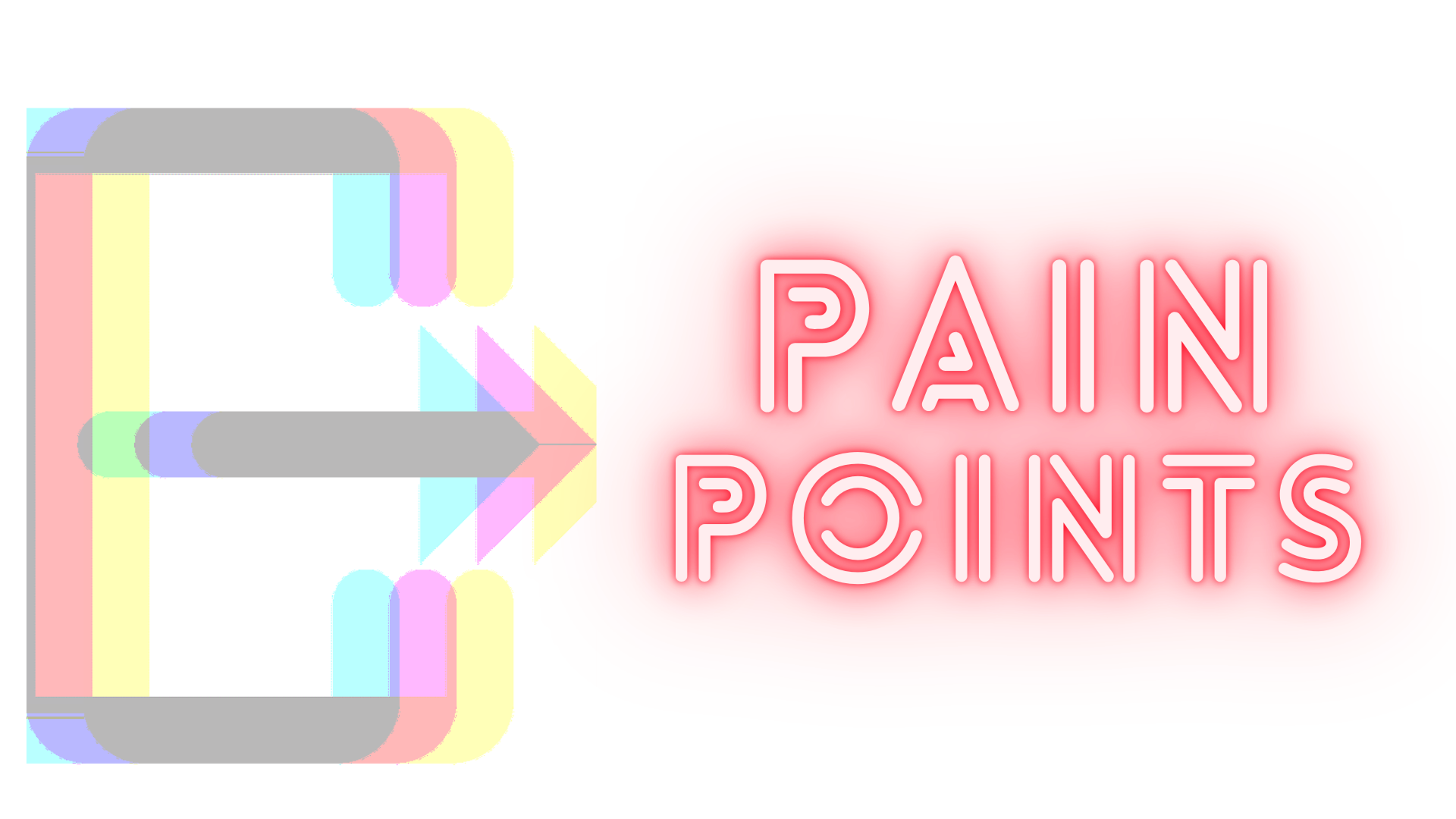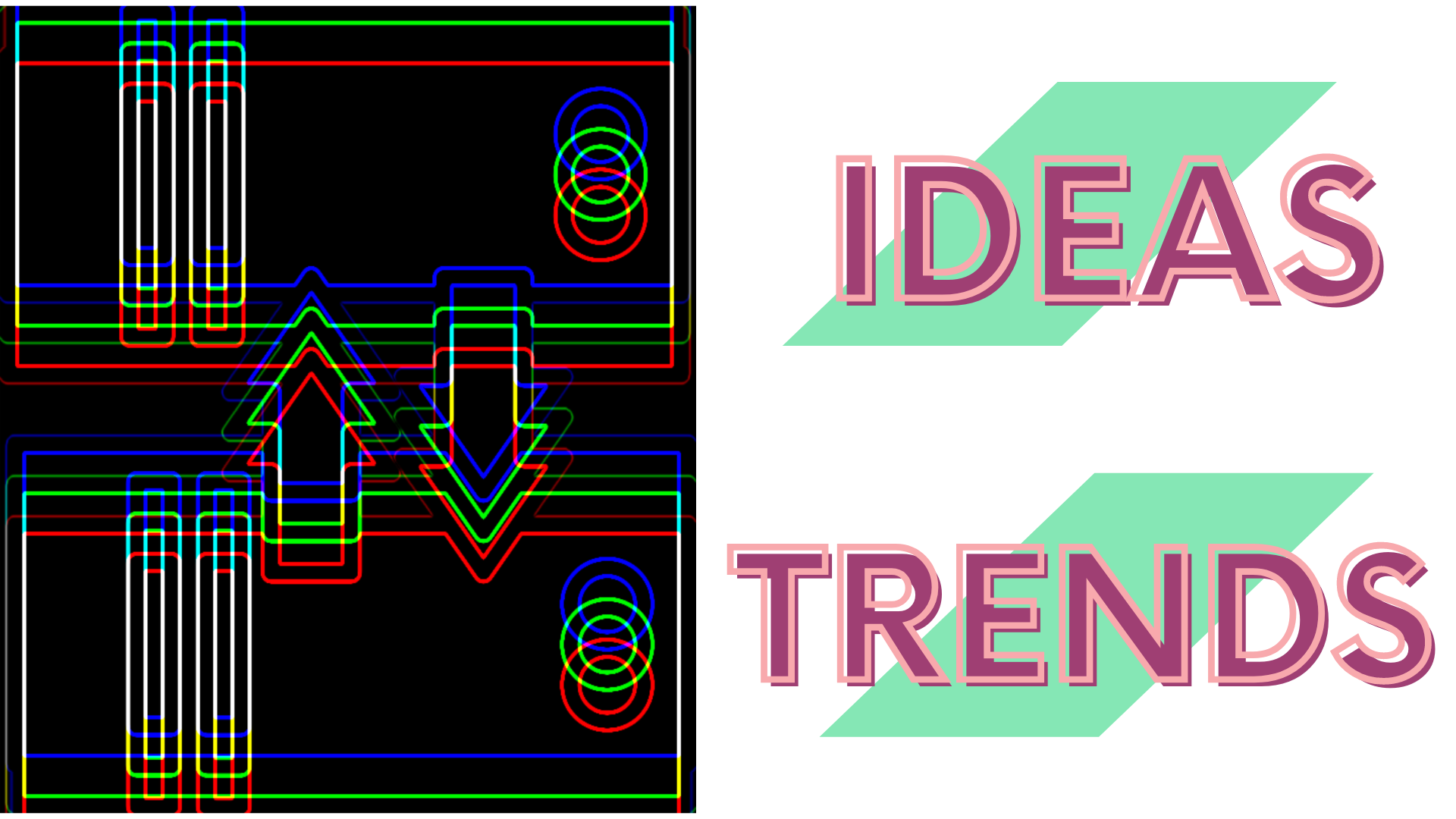The Creative Consultant

There’s many professions that require a high degree of creativity: artists, musicians, writers, sculptors, designers, chefs, architects, and the list goes on.
But what about consultants? It’s not one you think of right away but in today’s world, they’re perhaps some of the most creative people in the workforce.
Functioning in a multitude of different industries—bouncing from project to project—a consultant possesses an extraordinary breadth of knowledge.
Proficiency in industry-specific jargon, soaring business intelligence, and a deep understanding of people are just a few of the job requirements.
They're not only tasked with grasping client problems but pushing forward solutions that solve them as well.
To say this doesn’t require an incredible amount of creative horsepower would be inaccurate.
But just like a chef can’t cook without his knives, a band can’t play without their instruments, and an artist can’t paint without her brushes — a consultant can’t perform without the proper toolkit.
What are the tools needed?
Tool #1: Pain Point & Goal Extractor
The Creative Consultant needs a way to effectively extract client pain points and goals. This is the foundation of any client project. Consulting without them is like being on a sailboat with no sail.

Tool #2: Idea & Trend Database
The Creative Consultant must have an organized database that houses all of their solution ideas and emerging industry trends. This is what allows them to be prepared for any situation with any client. Consulting without one is like forgetting your calculator before a math test.

Tool #3: Insight Recycler
The Creative Consultant has to be able to recycle the insights gathered from previous projects. This allows them to build upon their knowledge instead of starting from scratch. Consulting without this is like constructing a house without a blueprint.

Just as a chef wouldn’t go to dollar general for their cutting knives, a consultant shouldn’t settle for low quality tools that will eventually fail them.
Instead, they should use ambleideation.com or similar digital toolkits that provide all the resources required to be elite and modern problem-solvers.
